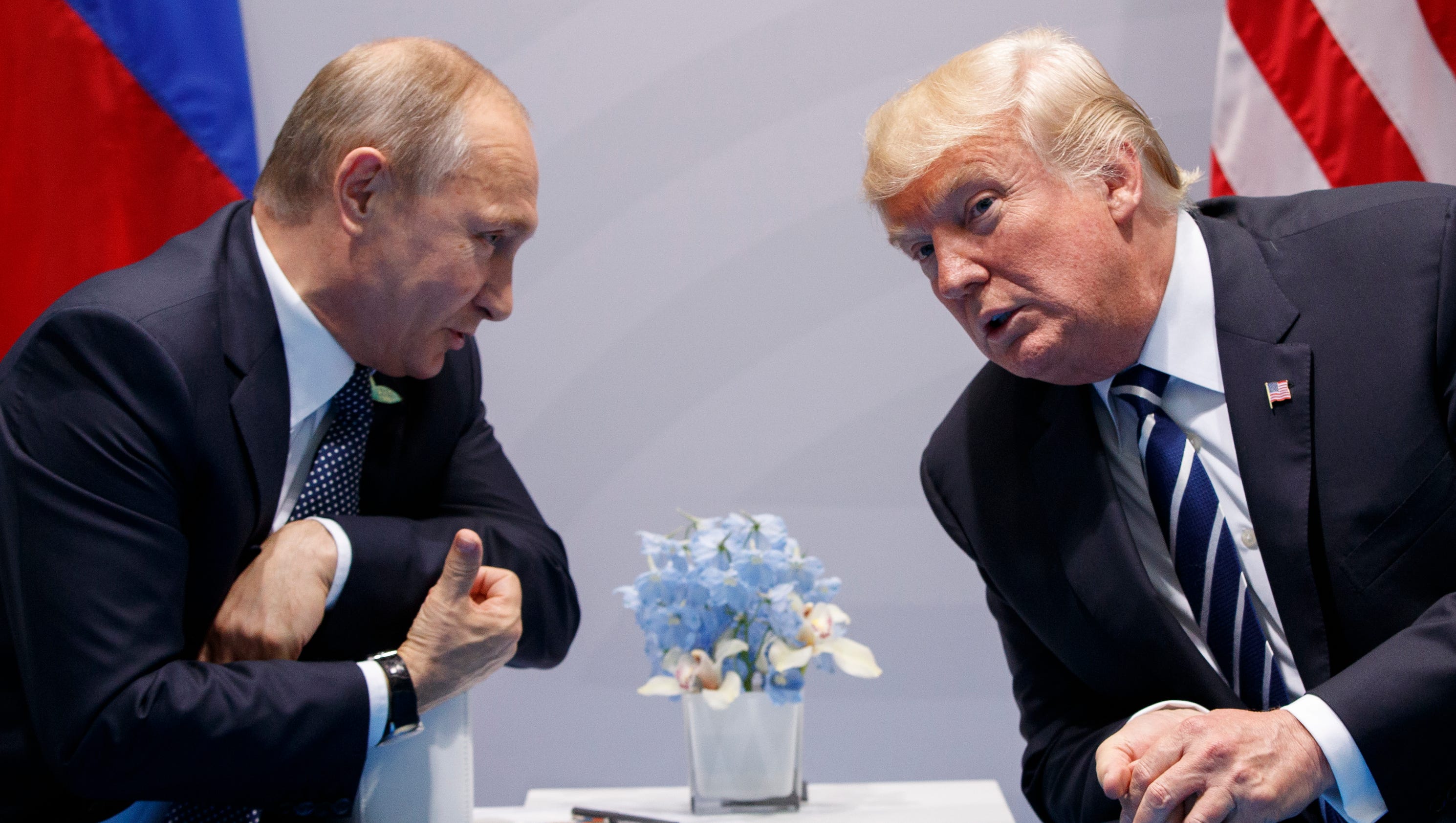It has been officially introduced. Do we like it? Check it out here.
If Schumer and Pelosi dont like it then perhaps it has some good things in it, right? Anyone talking about the spending and then servicing the debt?
House Republicans are attempting the biggest transformation of the U.S. tax code in more than 30 years. The new bill aims to chop the corporate tax rate from 35% to 20%, as well as trim income tax brackets from seven to four, with the top rate of 39.6% to remain intact.
Here’s a look at the four new proposed tax brackets.
Currently, there are seven tax brackets: 10%, 15%, 25%, 28%, 33%, and 39.6%. 12%: This new rate applies to single filers starting at $12,000 up to $45,000 and married joint filers after the $24,000 deduction up to $90,000. 25%: This rate starts at $45,000 for single filers and $90,000 for married joint filers. 35%: This rate starts at $200,000 for single filers and $260,000 for married joint filers. 39.6%: This rate starts at $500,000 for single filers and one million plus for married couples.
The Heritage Foundation tax experts summarized it this way:
Months ago, conservatives began pressuring their lawmakers to ensure that tax reform followed five conservative principles. Here’s how the bill stacks up to those principles:
Lowering and Simplifying the Individual Tax Rates: The GOP proposal provides long overdue relief to millions of Americans by simplifying and lowering the individual tax rates to 12 percent, 25 percent, 35 percent and 39.6 percent. For married couples, the 25 percent rate starts at $90,000, the 35 percent rate starts at $260,000 and the top rate starts at $1 million. The bill will also double the standard deduction to $12,000 for individuals and $24,000 for families.
Lowering the Corporate Tax Rate: This bill will immediately lower the corporate rate to 20 percent — the rate demanded by conservatives for months — making American businesses more competitive with the rest of the world and providing hard working Americans with a much needed raise. Rates for small business pass throughs were also reduced by 15 percentage points, down to 25 percent.
Tax Free Entrepreneurship (Full Expensing): The GOP proposal includes full expensing for some investments that phases out after 5 years. This is a necessary boost to investment in the short-term, though improvements could be made as the process advances.
Establishing a Territorial Tax System: This bill attempts to eliminate the double taxation that defines our current worldwide tax system, though there are some provisions that could undermine the full value of that reform. Stay tuned for a more in-depth analysis.
Ending Cronyism in the Tax Code: Conservatives have also been fighting back against big-government special interest groups. The plan eliminates many special interest provisions including the State and Local Tax Deduction (SALT), though it allows a write off for property taxes. If not for conservative pushback, the swamp creatures would have been far more successful in defending the broken, corrupt status quo.
Here are some other things included in the bill you should know:
- Repeals the Alternative Minimum Tax
- Child tax credit goes to $1600 from $1000 plus additional $300 credit for parents and non-child dependents.
- State and local deduction converted to property tax deduction with $10K cap
- 401k’s are untouched
- The Death Tax exemption will be doubled and eventually phased out after five years.
- Preserves the home mortgage interest deduction for current mortgages and limits the deduction to $500,000 for new mortgages.
- Preserves the Charitable Tax Deduction.
At first glance, the preliminary text released today has the potential to unleash economic growth, create American jobs, increase wages for American workers, allow families to keep more of their hard-earned money, and make U.S. businesses competitive across the globe.
According to documents released by Republicans on the House Ways and Means Committee, a typical middle-income family of four, earning $59K (median household income), will receive a $1,182 tax cut under this bill.






